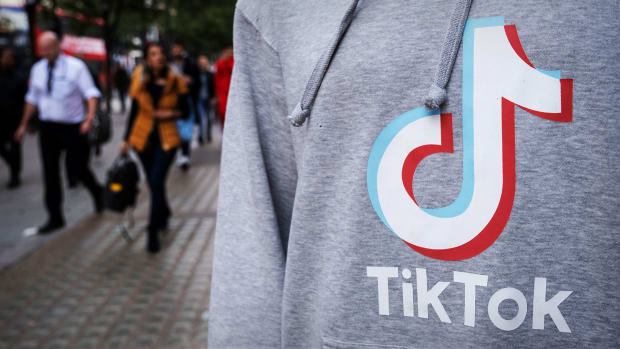The China-based company ByteDance is mainly known for the billion-user strong app TikTok. You know, the app that turns the most random songs possible into a dance craze, the app that finally provided Fleetwood Mac with their long-awaited big break, the app that has created fashion trends that scandalized Disney, and the app that some young people are, perhaps unwisely, using for financial advice.
Well, ByteDance isn’t just TikTok. But it seems that its plans to expand have hit a rough patch lately, as it has reportedly had to make cuts to its video game division, according to a report from the South China Morning Post.
What Happened To ByteDance’s Video Game Division?
ByteDance is reported to have cut most of the staff from its Shanghai-based developer Wushuang Studio as well as its Hangzhou-based developer Jiangnan Studio, though some employees have been moved to different parts of the company.
The company will reportedly maintain some gaming operations at its Shanghai office, with a focus on supporting titles that have already launched, which could include the multiplayer game “Mobile Legends: Bang Bang,” which launched last year.
It’s been speculated that part of the reason for ByteDance’s expansion into the world of video games is due to the threat of crackdowns, both from the Chinese government as well as from American lawmakers who are concerned that the app exposes the personal information of Americans to Beijing. It has acquired studios such as Moonton Technology, makers of “Mobile Legends,” as well as C4games.
The company was pushing its studio Nuverse to make what are called “hardcore” games, which are aimed at devoted gamers and can generate steady revenues. Currently ByteDance’s success has come with more casual games that mainly generate revenue from advertising.
The South China Morning Post speculates that part of the reason for the shutdown is that the Chinese government is making it hard for the videogame industry to function, noting “China’s censors scrutinize every single detail of a new game, from a story’s plot to a character’s costume.”
Censors have also drastically cut the amount of licensees they are issuing to new games, “adding huge uncertainty as game developers often have no idea whether or when their products can be brought to market.”
Because ByteDance is a private company, it does not have to disclose its employee numbers, but job cuts are reportedly becoming more common there.

Mike Kemp/In Pictures via Getty Images
Everyone Is Trying To Get Into The Video Game Market
As the competition in the media and technology world continues to heat up, several companies have begun to dip their toes into the world of video games in order to find new customers.
Netflix has been working on a cloud-gaming project lately, possibly to compete with Sony (SNEJF) and Microsoft (MSFT). It’s also been investing heavily in mobile phone games that come free with your subscription, through a partnership with the Montreal-based RocketRide Games, a self-described “boutique consulting agency for the video game industry.”
But as The Street’s Colette Bennett reported, so far “the active players are actually less than 1% of Netflix's 221 million subscribers,” so this gambit hasn’t paid off dividends just yet.







